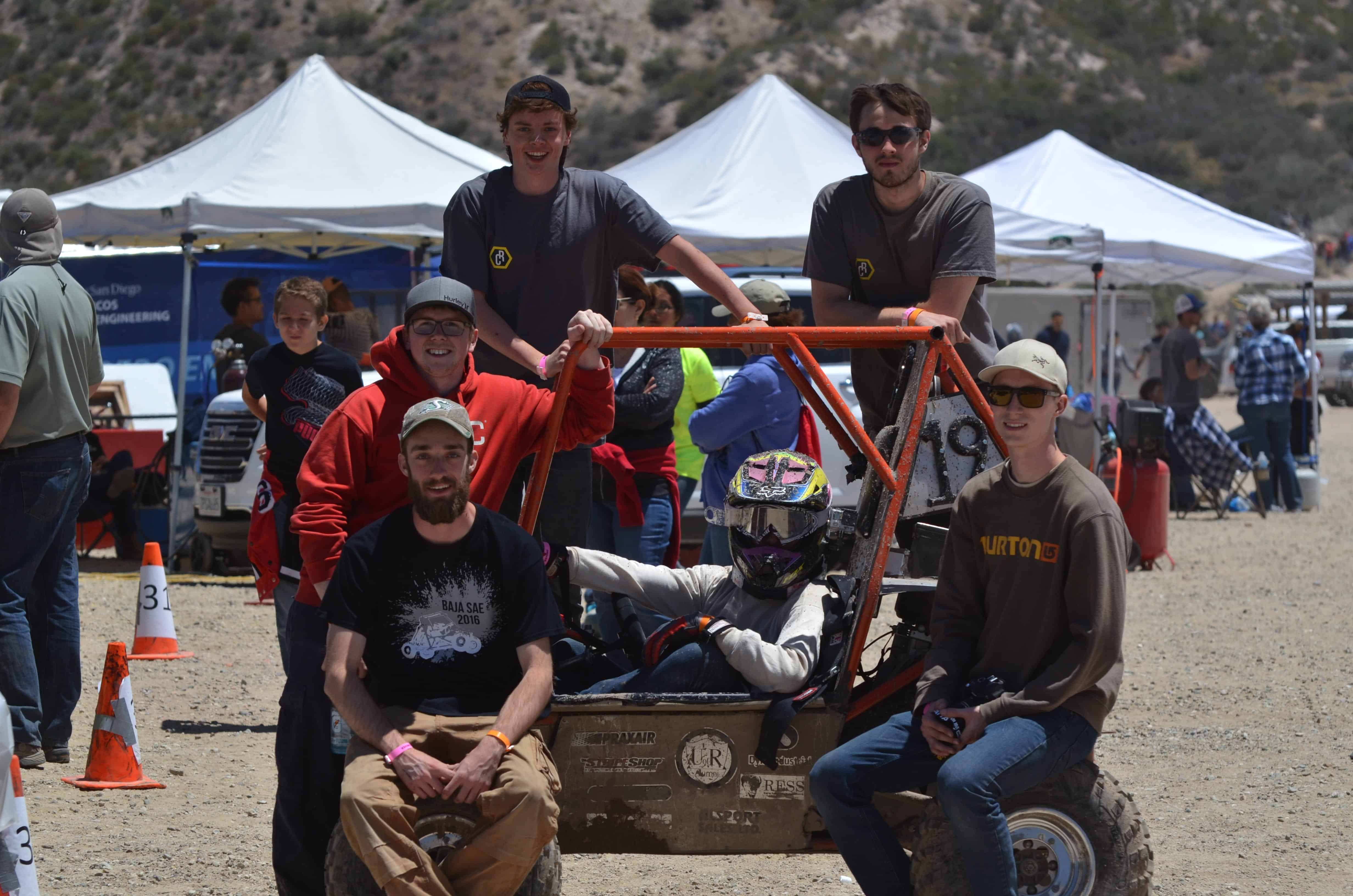Know our suffering

![[3A]ChrisHedges](http://www.carillonregina.com/wp-content/uploads/2012/09/3AChrisHedges.jpg) Chris Hedges offers ideas, but not a lot of insight for Saskatchewan
Chris Hedges offers ideas, but not a lot of insight for Saskatchewan
“I don’t know anything about Saskatchewan.”
As I heard American journalist Chris Hedges admit this, my heart sank. Well, there goes my list of questions I thought.
I had done my research. A Pulitzer recipient, Hedges was a foreign war zone correspondent in places like Bosnia and Kosovo. Most recently, alongside author and cartoonist Joe Sacco, he authored a book titled Days of Destruction, Days of Revolt, which looks at some of the most impoverished and exploited areas in the United States.
Hedges and Sacco call these areas “sacrifice zones”, their people and their land sacrificed to unfettered capitalism. They look at areas like a South Dakota reserve, plagued by issues of poverty and addiction. They look at Camden, New Jersey — allegedly the poorest, and by extension most dangerous, area of the United States. There’s even a look at West Virginia, which was rampantly strip-mined. To Hedges, all of these are side effects of uncontrolled and unregulated capitalism.
Perhaps I was being naïve to assume that an American journalist would have the faintest idea of our province’s economic, social, and environmental situation. Perhaps I just assumed that if someone was going to lecture somewhere, they’d do some research about where they were going.
After conducting some research about Hedges and his work, I could see how Days of Destruction, Days of Revolt could relate to Canada, especially Saskatchewan. Saskatchewan has a resource-based economy which is currently experiencing a boom. But we are also experiencing economic inequality, leaving some of the less fortunate behind.
Students in Saskatchewan pay some of the highest tuition rates in the country, upwards of $6000 per year — higher than the national average. Saskatchewan also has a high Aboriginal population, which is expected to grow; it is predicted that by 2045, a third of the total population will be Aboriginal. This demographic shift has its own trials and tribulations. Aboriginal people disproportionately make up the population of our prisons. Forty-five per cent of Aboriginal children live at or below the poverty line. According to Poverty Free Saskatchewan, the northern region of our province is one of the poorest in the country.
But I suspect that I’m not telling readers something that they don’t already know.
When I met Hedges in a media scrum, and then later on in a Q&A session at the School of Journalism, he admitted that he didn’t know much about our province.
What Hedges would have found if he had bothered to do a quick Google search of Saskatchewan was that was have the lowest minimum wage in Canada, creating a devastating amount of inequality. As Maclean’s journalist Jonathon Gatehouse pointed out, Regina is home to “Canada’s worst neighborhood,” consisting largely of Aboriginal people and the working class. The situation on many reserves doesn’t always paint a prettier picture. Some statistics allege that two-thirds of Aboriginal youth on reserves won’t graduate from high school. They are a community hurting from colonization and that has dire, dire consequences.
It would have been nice to get Hedges’ insight on our issues. In his book, he discusses what are essentially the leftovers of corporate America. Considering he thinks that the United States “does everything wrong, and then Canada copies it,” it would have been nice if he knew more about Saskatchewan and our unique problems. Our problems don’t to differ much from the problems he discusses in his book. Instead, I was left disappointed and somewhat empty-handed.
Ultimately, I do think I was naïve in having such a specific goal for meeting him. With all that said, it was a neat opportunity for the University of Regina to have Hedges come and lecture. His experiences as a foreign correspondent have apparently instilled in him a strong sense of compassion. Hedges said that he cares about the poor, thus writes for them. They are his target audience.
“I placed myself physically with the victims,” Hedges explained, referring to both his work as a foreign correspondent and on his book Days of Destruction, Days of Revolt.
“Don’t sever yourself from the oppressed.”
It is this approach that has guided Hedges’ career, through war zones and the most impoverished and suffering communities in the United States.
If only he knew how some people in our community were suffering, too.
Lauren Golosky
Contributor










This is the work of a university student?? Sheesh, my 12 year old could do better. Exactly what are your standards????